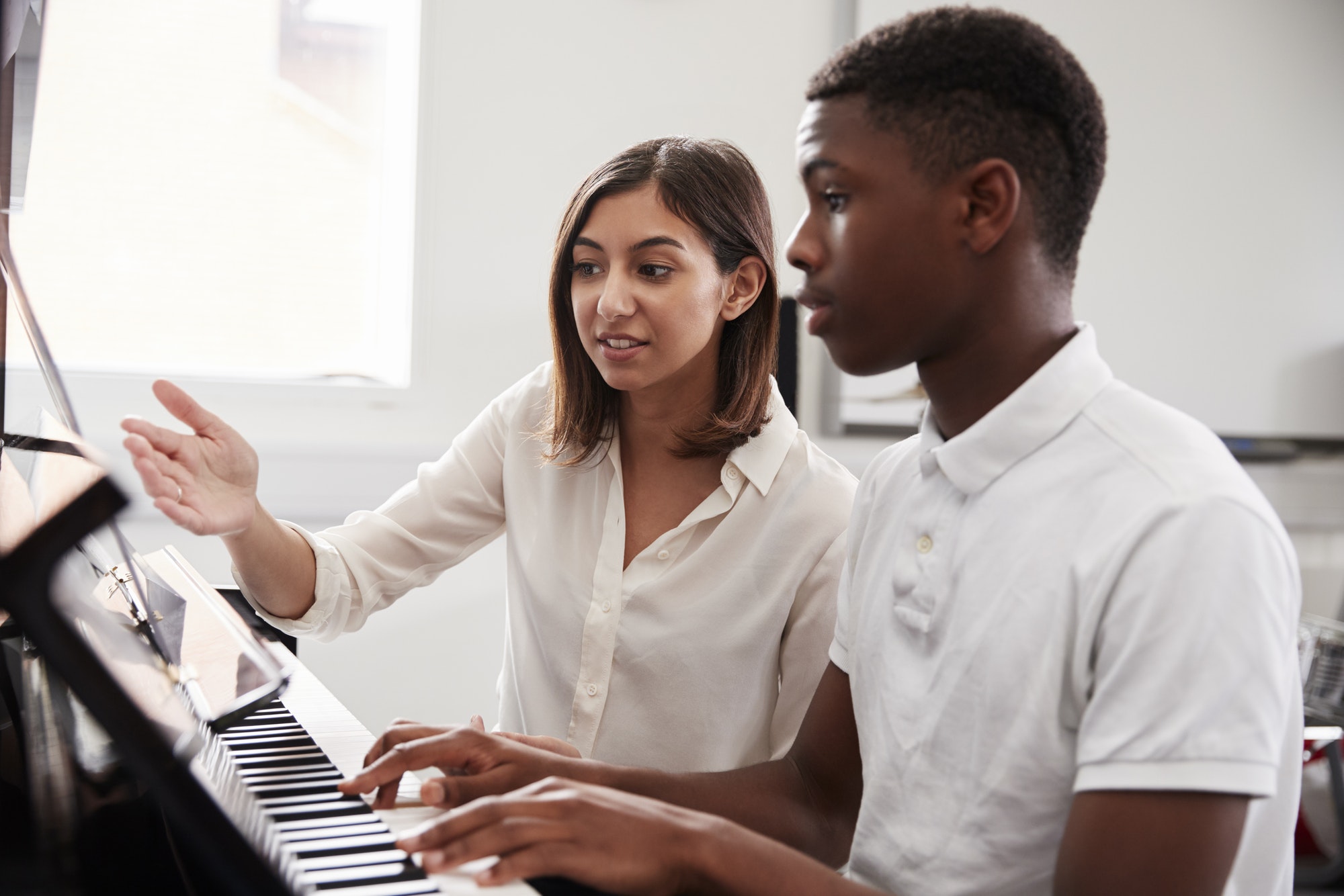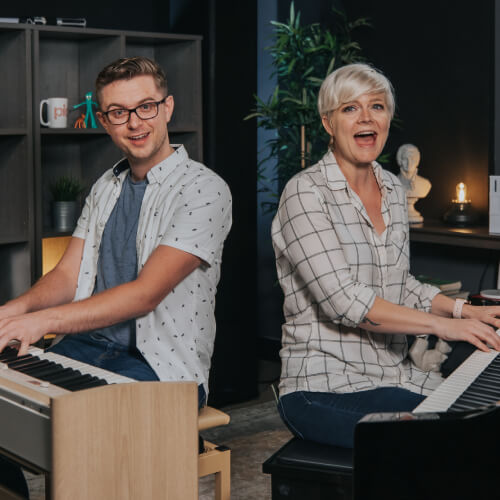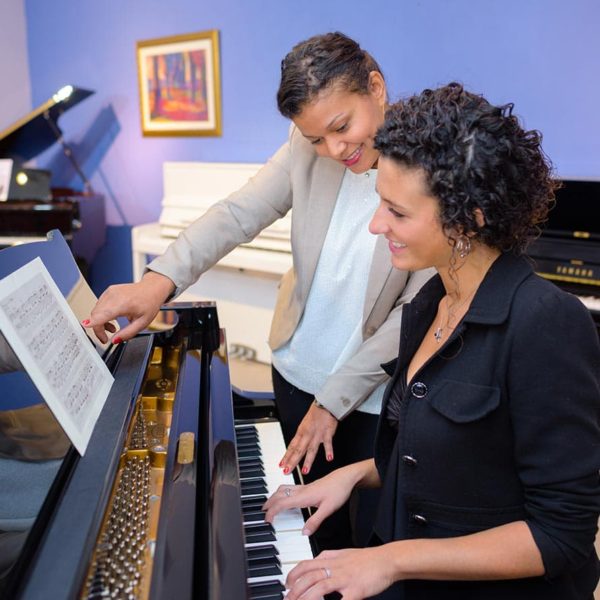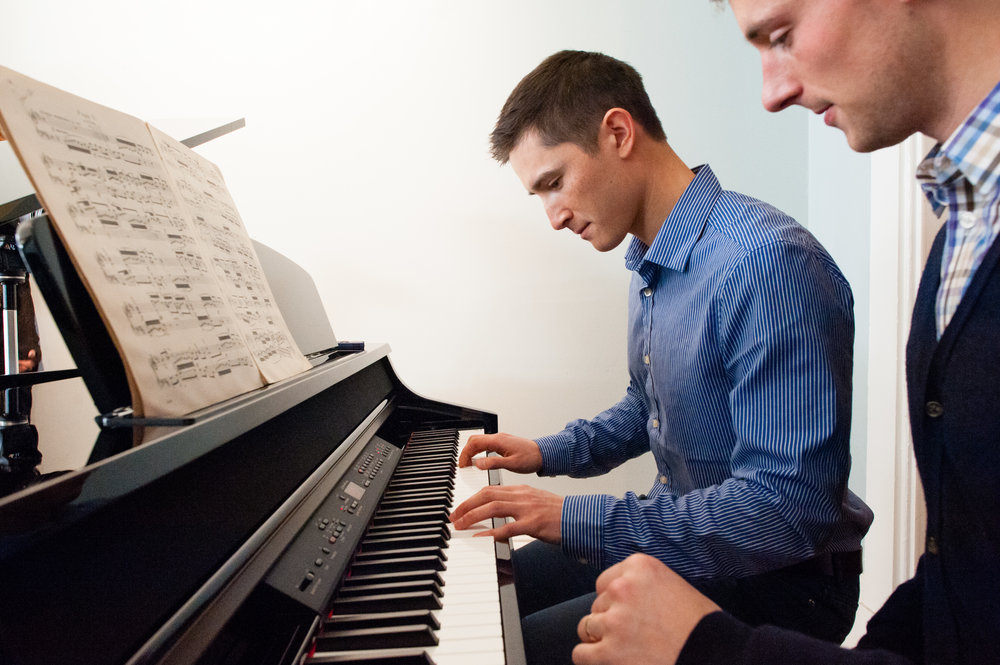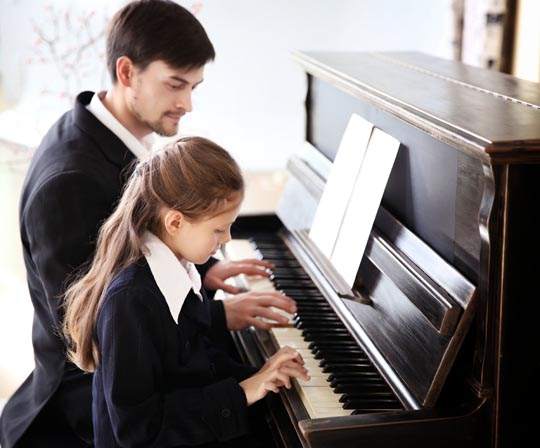Adult Piano Lessons Near Me
There are certain tips to remember when taking a piano lesson. Your instructor needs to make the lesson as fun as possible. Music is an enjoyable way for expressing emotions. Therefore, it's best to choose someone that is both passionate and patient with the lessons. It's important for a piano teacher be competent enough to make learning about music exciting and accessible. They are the primary traits of a top piano teacher. These are some suggestions for selecting a piano instructor.
Practice! It is crucial for children to be active between classes. Practice every day can improve the skills gained during lessons. The learning process won't be as efficient if you haven't practice enough. You should ensure that your child is on the opportunity to practice every day. It will be a huge benefit when they get older! Here's how to get started:
In the beginning, you'll require an instrument of a minimum, like a piano, electric keyboard, or synthesizer. Make sure to tune the instrument in a way that it is able to sound nice. The test can be done with a simple play left-to-right. Additionally, you can buy the metronome, a device that generates rhythms that sound audible - to help you learn how to play. A metronome can be purchased without cost, with an application fee, or purchase it at the nearest music shop. In addition, paper and pencil is required to take notes.
